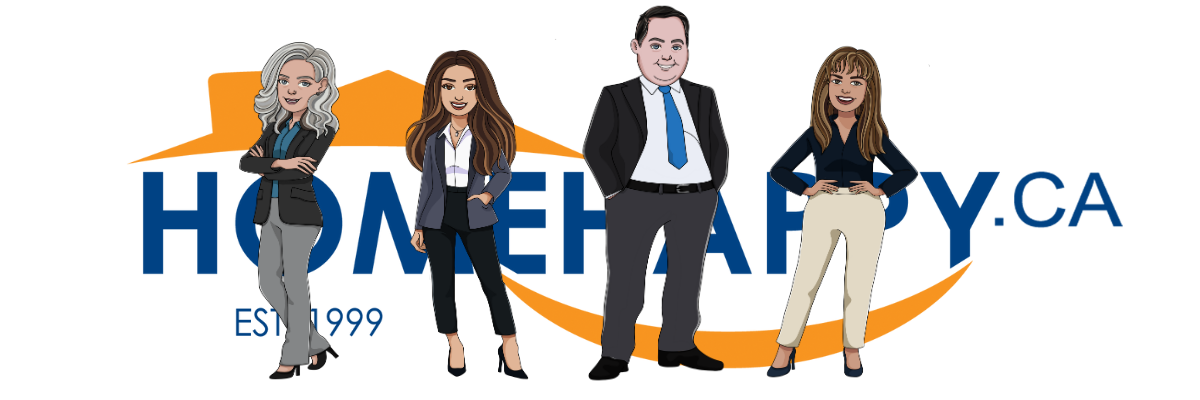How To Make Your Credit Work For You.
We work hard for our money, but what if we could make our money work hard for us?
One thing that’s often left out in money matters, is building your credit. Being smart with your money isn’t just about budgeting, or investing. Cause here’s the thing...
Your credit score
is your leverage when it comes to big purchases.
Credit can have a bad rap, because people associate it with debt. While
71 percent of Canadian families carry some form of debt, we still see it as something to avoid. A necessary evil that lacks inherent benefits.
But, there’s more to your credit than you may think. Your credit score affects your ability to get a job, buy or lease a new car, get a mortgage, and more.
Healthy credit is your ticket to saving money and investing in your future.
Get Started With The Basics
We’ve already taken a deep dive into credit, but here’s the Coles Notes version:
- Credit Scores range between 300 to 900.
- Equifax and TransUnion generate your score based on data in your credit report.
- There are 5 essential factors when calculating your score: payment history, debt owed, credit account history, new credit, and types of credit.
- Credit Scores provide lenders a snapshot of your risk level as a borrower.
The bottomline? The higher your score, the better. Good credit plays a major role when it comes to a lender approving you for a new credit product. And it determines the rates and terms you’re offered.
Making smart financial choices both helps you out on the daily, and gives you VIP access to the best deals on the market. The less risky you are, the easier it is to qualify for the mortgage you want, with rates and terms you’re excited about.
Lenders want to do business with people who are a good investment.
Your digits do a lot of talking.
Let’s Run The Numbers.
760-900:
Excellent credit. Way to go, go getter! You’re managing your finances like a champ, and lenders will notice.
725-759:
Very good credit. Great job! You can expect a variety of credit products and choices.
660-724: Good. You’re doing well. While the lowest interest rates may not be in the cards yet, with patience, and consistent effort, your overall credit health will improve.
560-659: Fair.
You’ll need to demonstrate your financial responsibility. Your history of repayment is a great way to show that.
300-559: Poor.
Either you’re just embarking on your credit building journey or you’ve had some setbacks. Don’t worry though, nothing is permanent, and you can improve.
How to
improve your score.
First things first, know where you stand.
You can’t know if you’re going from good to excellent or bad to good, if you don’t have the facts. Get the full picture, and order your credit report from
Equifax or
TransUnion.
While a credit score can be damaged in a variety of ways, all good scores are built on the same principles. By applying healthy financial habits, you’ll be amazed at how far you’ll come.
To get started, avoid these bad habits and financial choices:
- Late or missed payments.
- Too many open accounts.
- Closing an old account with a long history.
- High credit usage and loan balances.
- Too many new credit applications.
Now that you know what not to do, it’s time to implement our tips to improve your score. For an in depth review, read our linked article. For now, here are some highlights.
Pay
all your bills (including cellphone, rent, utilities) on time and in full each month. If you can’t pay your credit cards in full, at least pay the minimum, and try to keep your card usage below 30%.
Don’t go over your limit. Keep your card utilization low, and spread your spending. If you use a lot of your available credit, you seem like more of a risk. It’s better to have 3 cards with some spending, than 1 card nearly maxed out.
Basically, use your credit card wisely.
It’s borrowed money, not free money. Before you’ve spent a dime, you’ve already agreed to pay it all back. Show that you can responsibly manage your finances, and your credit score (and wallet!) will thank you.
Everything worth having takes time. Our credit score is always changing, and if you’re willing to change your habits, your score will reflect your efforts given time and consistency.
There are no shortcuts when it comes to building good credit, and if a third-party company claims they can quickly boost your scores, buyer beware. The
Office of Consumer Affairs states that only lenders can alter and submit information on your credit file.
To Wrap It Up
With great credit, lenders will give you better deals, just so they can have
your business.
If you take small, simple steps to build your credit, you will see great results. Plus, managing your money gives you the freedom of knowing what you have and where it’s going.
If you want to investigate this topic more, the Financial Consumer Agency of Canada
outlines these six steps to help you move forward:
- Make a budget.
- Check your credit health.
- Map out a plan.
- Take control and take action.
- Stretch your dollar.
- Plan ahead.
If you invest in yourself, and build good credit, you’ll be able to make bigger purchases with better terms and rates. Which means you’ll pay less over time.
If you work on building your credit, it will work for you too.
And if you aren’t where you want to be yet, don’t sweat.
Your goals are achievable, and you can do this. We’re happy to be there as advisors, confidants, and cheerleaders. No matter where you’re at right now, we’re always here to advise and help.
Share:
Recent Posts







